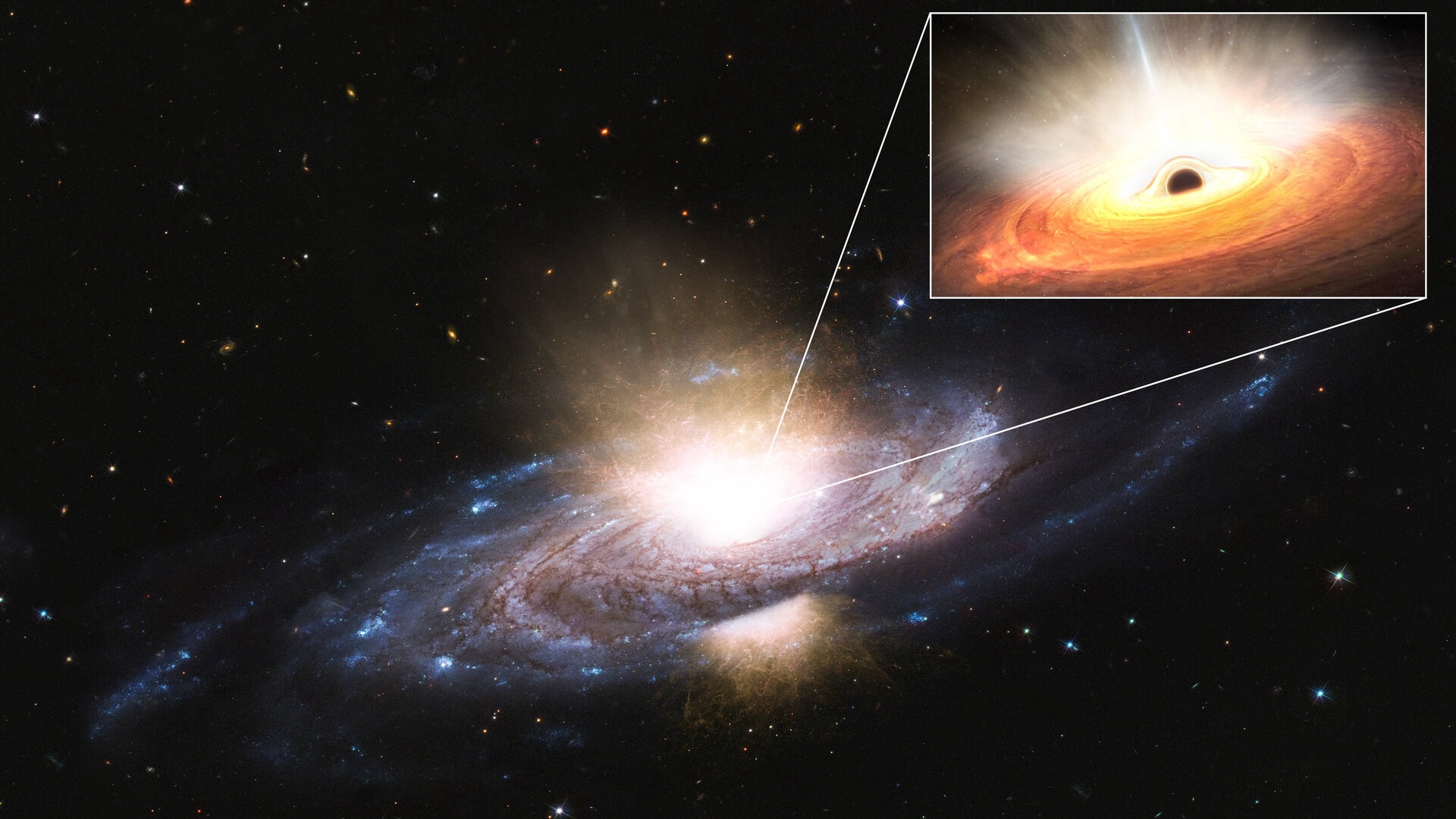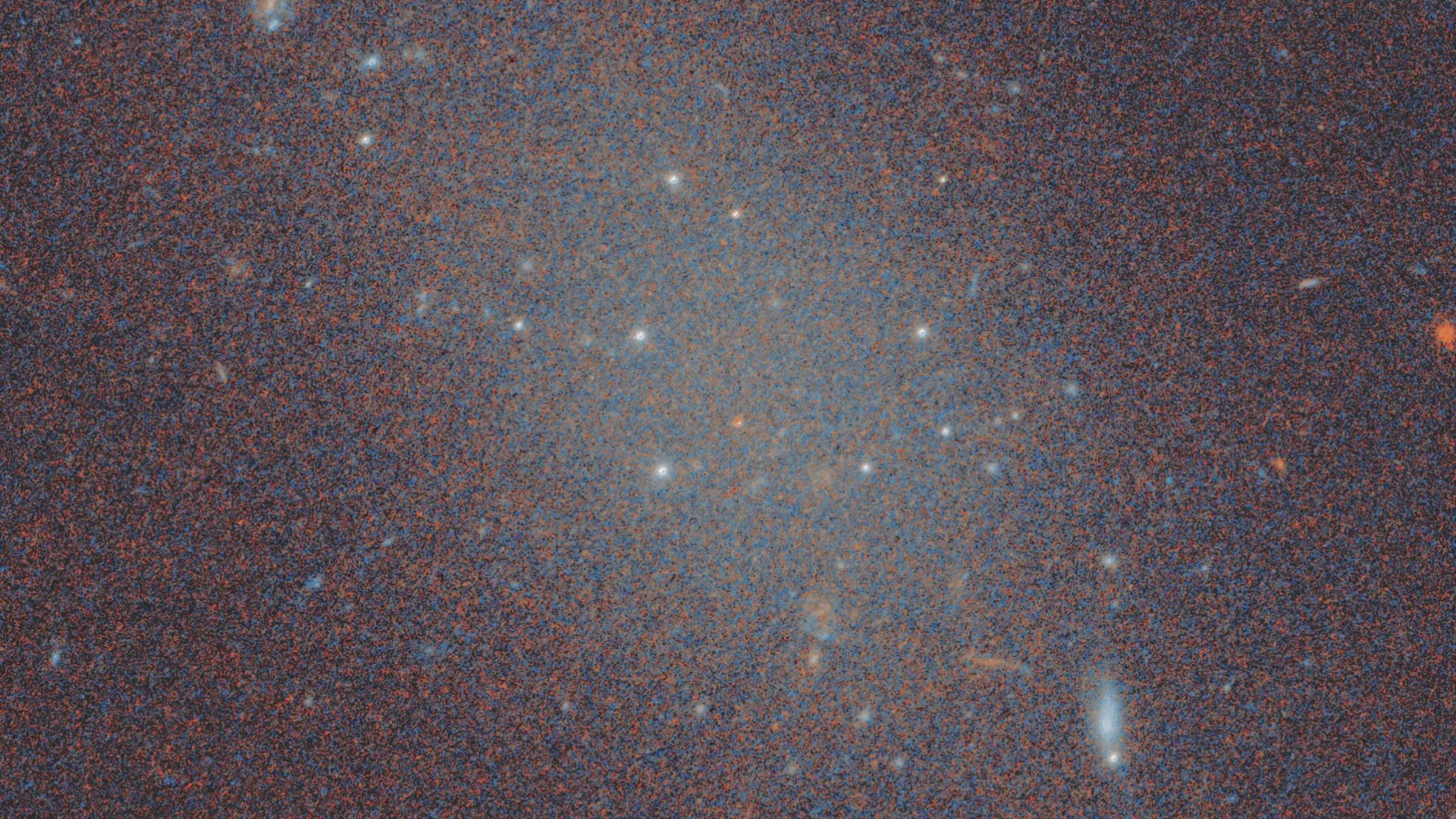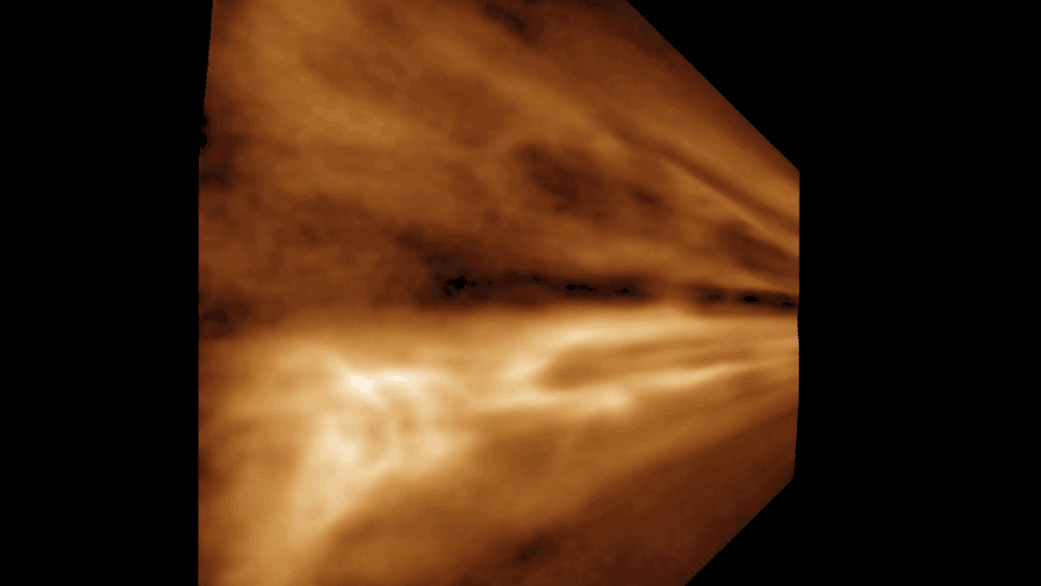Scientists: You Learn Without Knowing It

You can learn without realizing what your are doing, a new study finds.
The process is similar to how other animals learn, scientists suspect.
"The idea is that humans have a robust capacity for habit learning, independent of conscious memory," said Larry Squire of the University of California, San Diego. "It reminds us of our close connection to animals."
A distinction is made between declarative learning, which involves the memorization of facts and events, and habit learning, which is a gradual change in behavior arrived at unconsciously through trial and error.
These two types of learning occur in separate areas of the brain. The medial temporal lobe is associated with the formation of new conscious memories, while the basal ganglia are a group of nuclei that are responsible for habitual responses to repeated stimuli.
We humans, at least most of us, have learned to say "please" and "thank you" and to wash our hands after going to the bathroom. These are habits that we have acquired through continual reinforcement. Squire and his colleagues wanted to know whether we need consciousness to learn such habits.
"Humans have a strong tendency to memorize things," Squire told LiveScience. "The question was if habit learning is overwhelmed by our memorization strategies."
Sign up for the Live Science daily newsletter now
Get the world’s most fascinating discoveries delivered straight to your inbox.
To study this, the researchers tested two men who had suffered lesions in the medial temporal lobe -- leaving them with profound memory impairment. Their amnesia prevents them from acquiring new declarative knowledge. For example, neither man can draw an accurate floor plan of his current residence.
The men were presented eight pairs of objects -- one of which is arbitrarily deemed "correct." Each day they would be shown the same pairs five times, but in a mixed order. Other test subjects typically took one or two days to master the task -- selecting the correct object from each pair around 90 percent of the time.
In contrast, the two amnesia sufferers only gradually learned the task over 14 and 18 weeks, respectively. Surprisingly, the men never recognized -- all throughout the testing -- that they had seen these objects before. Even when they began to score higher in their selections, they could never explain why.
When one of the men was asked if he picked an object because he remembered seeing it before, he said, "No. It just seems that's the one. It's here [pointing to his head] somehow or another and the hand goes for it."
Without being aware of it, the men learned the task after approximately 1,000 trials. This is about the same number of trials needed by monkeys with similar lesions in the medial temporal lobe. Normal monkeys take about 500 trials to learn the task.
The implication is that humans have an unconscious ability -- comparable to that in animals -- to mold our behavior in response to a consistent stimulus.
"Habit learning is going on all the time. All of us are acquiring habits, " Squire said. "What this is showing is that habit learning is well-developed in humans, and that it works independent of consciousness."
Whereas declarative learning can quickly pick out what is different in our surroundings, habit learning can select what is similar across various experiences. Both types of learning are useful, Squire said.
This research appears in the July 28 issue of the journal Nature.










